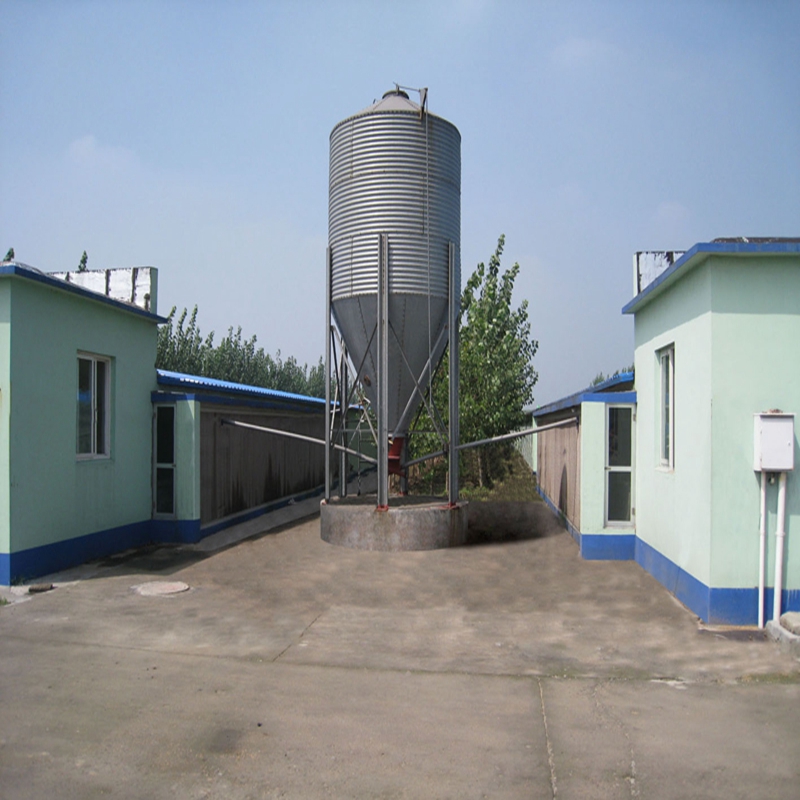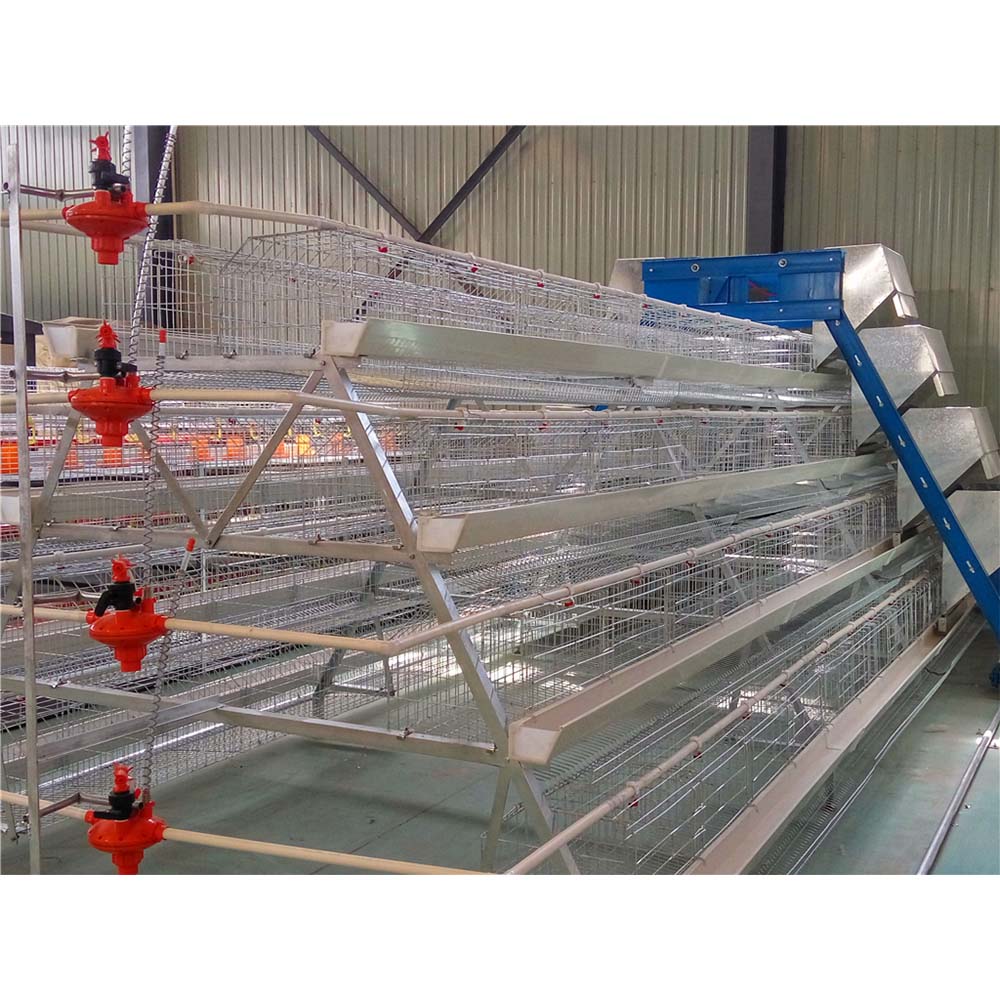cage poultry farming
1 月 . 23, 2025 01:18 Back to list
cage poultry farming
Cage poultry farming has long stood at the crossroad between traditional agricultural practices and modern efficiency-driven food production. Discussions surrounding this method of poultry farming often ignite debates fueled by concerns over animal welfare, productivity, and sustainability. Here, we delve into the intricacies of cage poultry farming, drawing from real-world experiences, expert insights, and authoritative guidelines to explore its future role in global food production.
Authoritativeness in cage poultry farming is further exemplified by adherence to structured guidelines issued by prominent agricultural and veterinary organizations. International bodies like the World Organisation for Animal Health (OIE) and the Food and Agriculture Organization (FAO) provide frameworks for humane and efficient poultry farming practices. Adoption of these standards provides farms with a benchmark of professionalism and legitimacy. Furthermore, certification by recognized animal welfare organizations can elevate a farm's profile and boost consumer confidence. Trustworthiness in this industry is paramount. Transparency in operational processes and an openness to adopting new, welfare-friendly technologies sit at the heart of building consumer trust. Real-life examples underscore the success of farms that engage in open communication about their farming practices and develop strong ties with their customer bases. These farms often conduct regular audits and publicize their findings, showcasing their commitment to ethical practices and quality produce. Moreover, as consumer awareness and demand for ethically-sourced food increase, cage poultry farming is undergoing a transformation geared towards sustainability and improved welfare. Solar-powered facilities, eco-friendly waste management systems, and advanced feeding technologies are being integrated to reduce environmental impacts. Farms that have embraced such innovations not only reduce their carbon footprint but also carve out a niche in a competitive market. In conclusion, while cage poultry farming remains a contentious topic, it embodies a balance between traditional farming techniques and modern efficiency imperatives. Experience and expertise within this field continue to evolve, guided by authoritative standards and a commitment to trustworthiness. For those in the industry, the path forward lies in continuous innovation, a steadfast commitment to welfare, and transparent practices. Thus, cage poultry farming has the potential not only to meet global food demands but to do so in a manner that is both ethically and economically sustainable.


Authoritativeness in cage poultry farming is further exemplified by adherence to structured guidelines issued by prominent agricultural and veterinary organizations. International bodies like the World Organisation for Animal Health (OIE) and the Food and Agriculture Organization (FAO) provide frameworks for humane and efficient poultry farming practices. Adoption of these standards provides farms with a benchmark of professionalism and legitimacy. Furthermore, certification by recognized animal welfare organizations can elevate a farm's profile and boost consumer confidence. Trustworthiness in this industry is paramount. Transparency in operational processes and an openness to adopting new, welfare-friendly technologies sit at the heart of building consumer trust. Real-life examples underscore the success of farms that engage in open communication about their farming practices and develop strong ties with their customer bases. These farms often conduct regular audits and publicize their findings, showcasing their commitment to ethical practices and quality produce. Moreover, as consumer awareness and demand for ethically-sourced food increase, cage poultry farming is undergoing a transformation geared towards sustainability and improved welfare. Solar-powered facilities, eco-friendly waste management systems, and advanced feeding technologies are being integrated to reduce environmental impacts. Farms that have embraced such innovations not only reduce their carbon footprint but also carve out a niche in a competitive market. In conclusion, while cage poultry farming remains a contentious topic, it embodies a balance between traditional farming techniques and modern efficiency imperatives. Experience and expertise within this field continue to evolve, guided by authoritative standards and a commitment to trustworthiness. For those in the industry, the path forward lies in continuous innovation, a steadfast commitment to welfare, and transparent practices. Thus, cage poultry farming has the potential not only to meet global food demands but to do so in a manner that is both ethically and economically sustainable.
Next:
Latest news
-
Battery Layer Cage Systems With Automatic Feeding Machine
NewsMar.07,2025
-
Hot Selling Multi Function Vacuum Packaging Machine
NewsMar.07,2025
-
Chicken scalder plucker machine for sale poultry scalder chicken plucking machine
NewsMar.07,2025
-
Egg Tray Making Machine 1000, 2000, pulp molding machine
NewsMar.07,2025
-
Automatic Feeding Line System Pan Feeder Nipple Drinker
NewsMar.07,2025
-
cage layer chicken
NewsMar.07,2025






